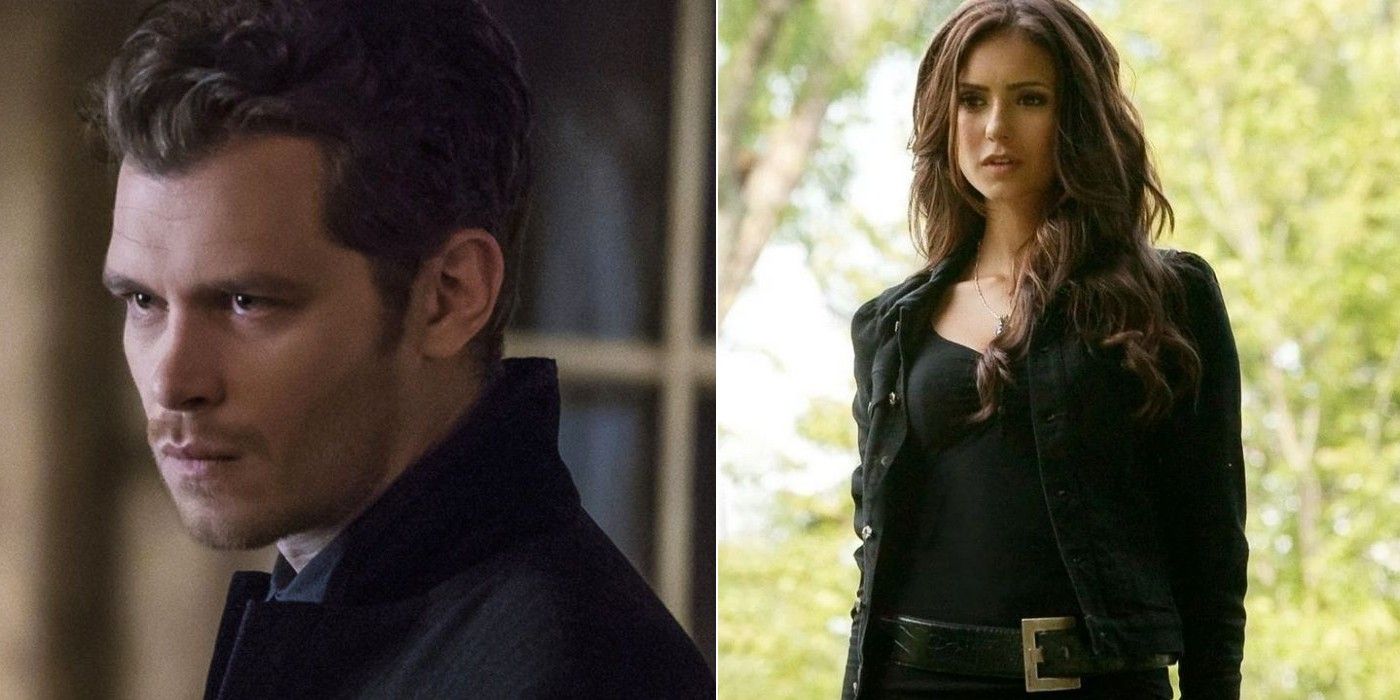Vampires have been central to teen dramas since Twilight took the world by storm, but The Vampire Diaries has had one of the biggest impacts on the genre. Though it officially ended this year (at least for now), its popularity and themes can be felt in TVD creator Julie Plec's current show, Vampire Academy. Though the series is based on a book series, the questions of vampire morality inevitably bring The Vampire Diaries to mind.
In The Vampire Diaries, vampires have the ability to turn their humanity off in order to avoid the heightened emotions of their species. Nearly every main character on the original show turned off their humanity for some portion of time, but there were also many vampires, particularly those featured in The Originals and Legacies, who never did. The most powerful vampires in the franchise rarely turned off their humanity, either due to a moral code, an apathy toward suffering in their human life, or because they valued their emotions, no matter how much they hurt.
Sebastian
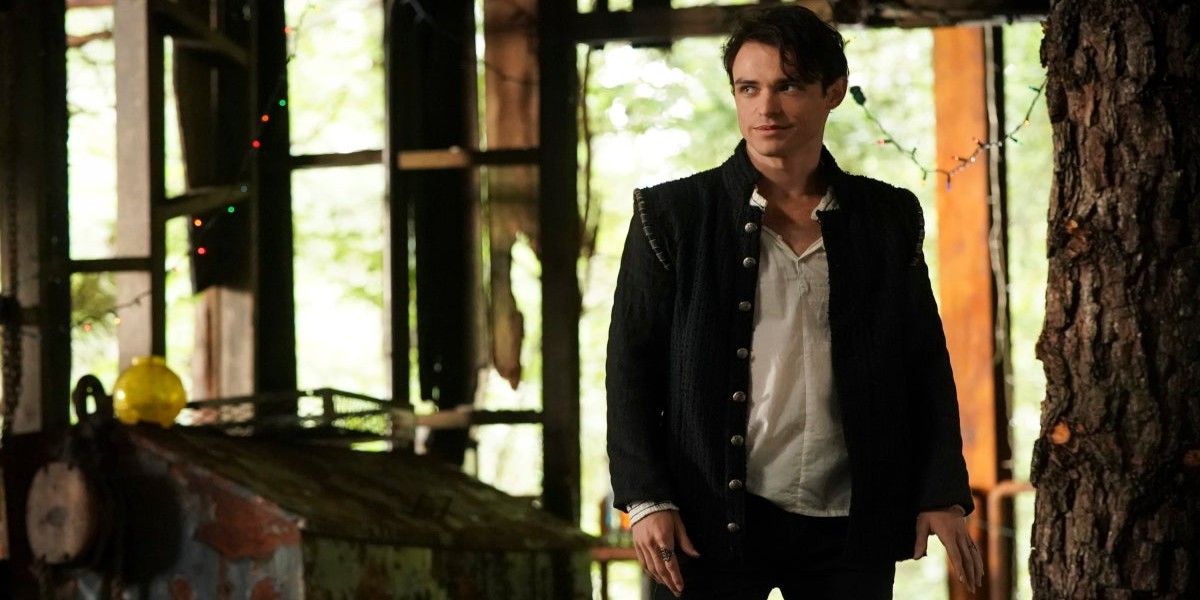
Sebastian was introduced as an ancient vampire on Legacies, having lived for over six hundred years. During much of that time, he engaged in violence comparable to Stefan's ripper periods, but that was also the time in which he found his first great love. His violence was less of a reaction to apathy and more a form of entertainment.
Perhaps because he enjoyed feeding so much, he never seemed inclined to turn his humanity off. Instead, he followed his desires to love or to rage. Ultimately, even in his darkest moments he was a creature of passion, and turning off his humanity would have fundamentally changed his nature in a way he wouldn't choose for himself.
Valerie Tulle
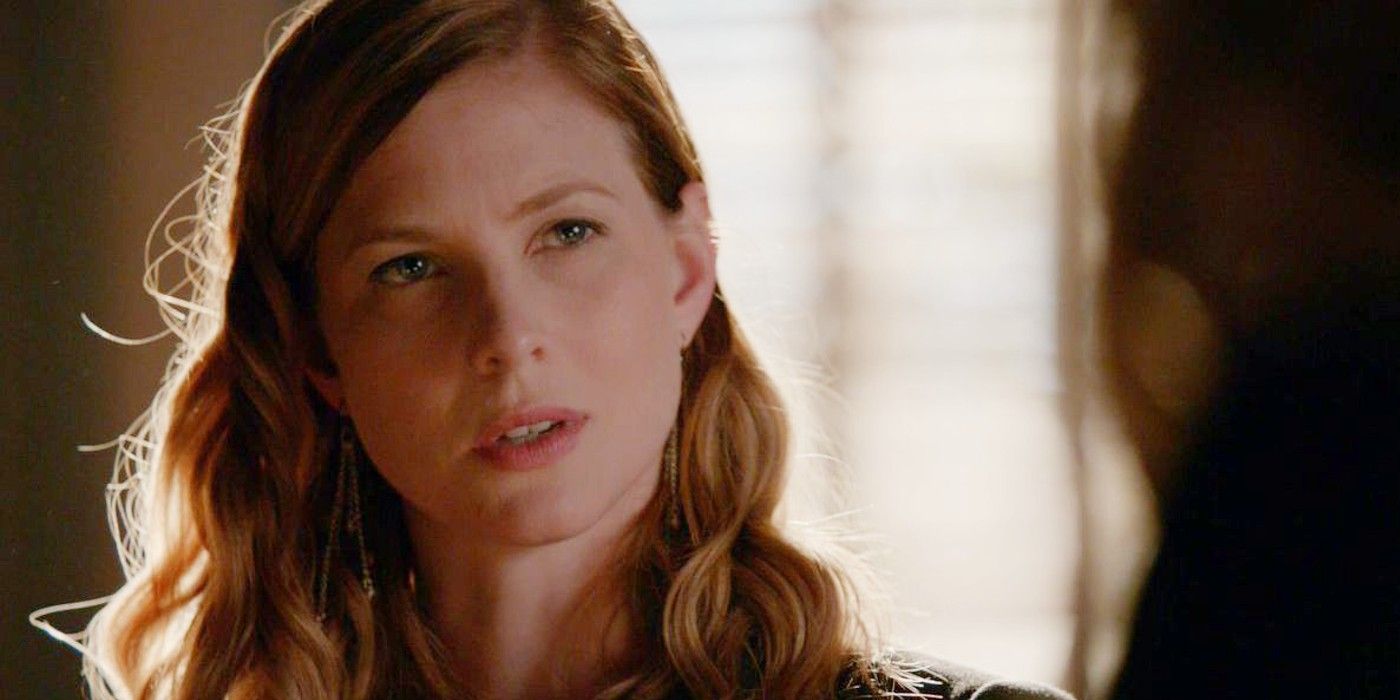
Stefan killing Julian was likely a justified choice in The Vampire Diaries, given everything Julian did to Valerie, but plenty wondered how Valerie herself coped with her struggles. Valerie had fallen for Stefan and became pregnant, and to punish her, Julian viciously beat her until she miscarried. She then attempted to kill herself, which was impeded by the vampire blood in her system.
If anybody is a good candidate to turn off their humanity, it would be Valerie. She had to live alongside Julian for another 40 years, and when she was finally rid of him, she ended up trapped in the prison world alongside Lily and the other Heretics. It's unclear why she didn't turn off her humanity, though it may have to do with the connection between witches' emotions and their magic, with Valerie wary of losing her witch side.
Katherine Pierce
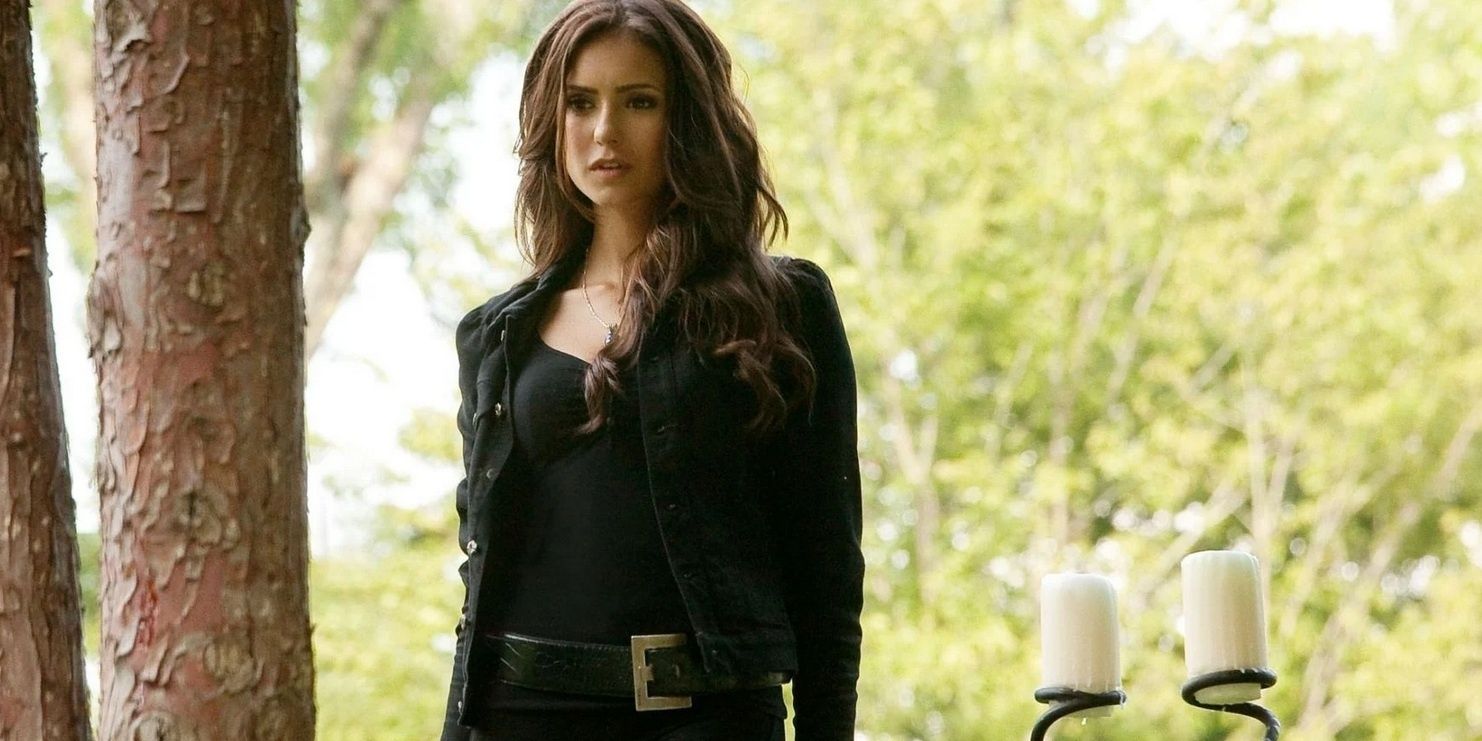
When Katherine was brought in to help turn Elena's humanity back on, she explained, "I've done some pretty horrible things to survive, but unlike you—poor, delicate Elena—I don't turn it off. I deal with it." This is actually pretty surprising, given Katherine suffered more than most TVD characters. She had her child stolen from her, was nearly used as a sacrifice, saw her entire family massacred, and was chased by Klaus for 500 years.
That much suffering would make anybody want to turn their emotions off, yet she didn't. Katherine saw herself as a survivor, and she didn't need to turn off her humanity to do what needed to be done. Her shrewd nature was part of her human self, and though it may have eventually led to Katherine's downfall, turning her emotions off would have meant letting external circumstances win, which she would never willingly do.
Lexi Branson

Lexi was turned in 1680, which made her older and more powerful than most of the vampires in The Vampire Diaries. But while her age gave her strength, her fierce love of humanity seemed to be her most powerful weapon. Lexi was never afraid to get her hands dirty, especially when it came to Stefan, but she strongly believed in the good sides of being a vampire.
Lexi suffered as much as anyone, but she believed that feeling love deeply was more important than any amount of pain she otherwise might feel. As she explained to Stefan, "Everything is intensified when you're a vampire. When we hurt, we really hurt. But when we love..." Lexi showed what the good life could be as a vampire, and her love for her friends and partners triumphed all.
Marcel Gerard
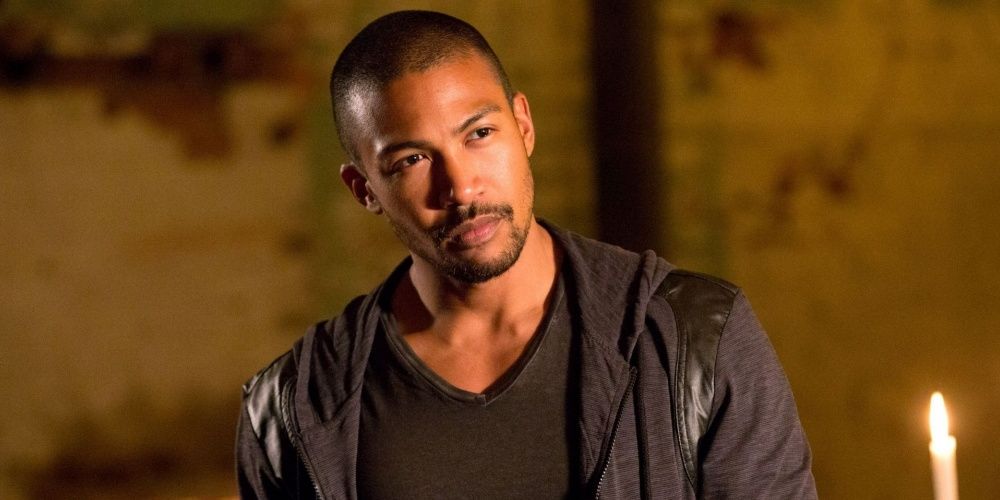
Marcel saw Klaus as a surrogate father and Rebekah as the love of his life, yet in the 20s, he was tortured by Mikael and left to die by those he trusted most. In The Vampire Diaries, that sort of behavior could easily be reason to turn his humanity off. Instead, he rebuilt New Orleans with a code, enforcing his morality onto the vampires he ruled while oppressing the city's other supernatural factions.
Marcel believed that he was making a better and safer New Orleans for vampires and humans alike, and his mission came with the added directive of saving children in need. None of that could have been accomplished without humanity.
Kai Parker
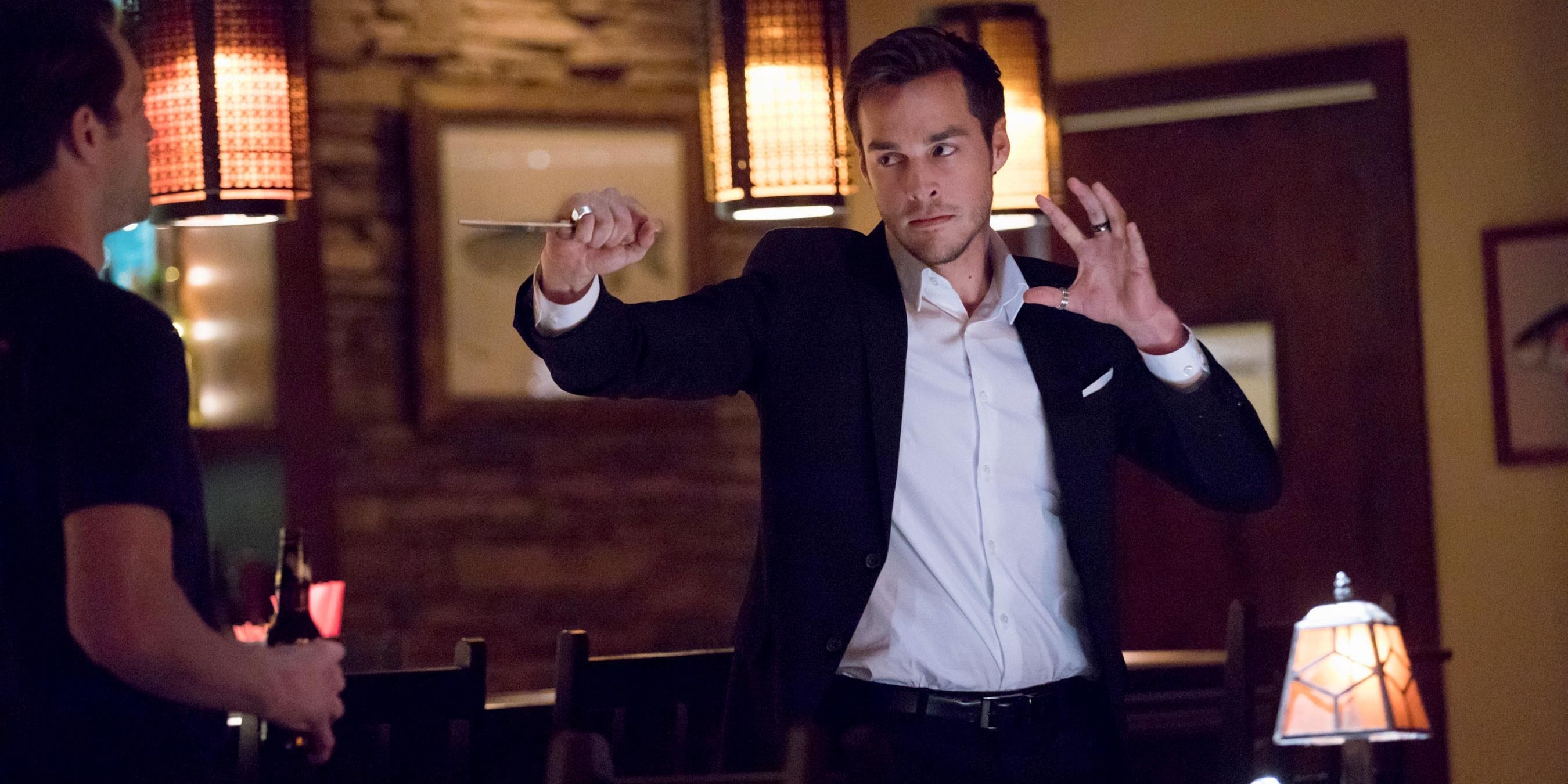
Kai Parker is a complicated TVD character to judge when it came to humanity because he seemed to have so little to begin with. He was a self-professed sociopath, and though he had some affection for the people in his life, he always put his own self-interest first. When he became a Heretic, those behaviors continued without needing to turn anything off.
Kai inherently enjoyed causing other people pain, which meant that he was just as powerful and dangerous with his humanity as any of the others who were without it.
Aurora, Tristan, And Lucien
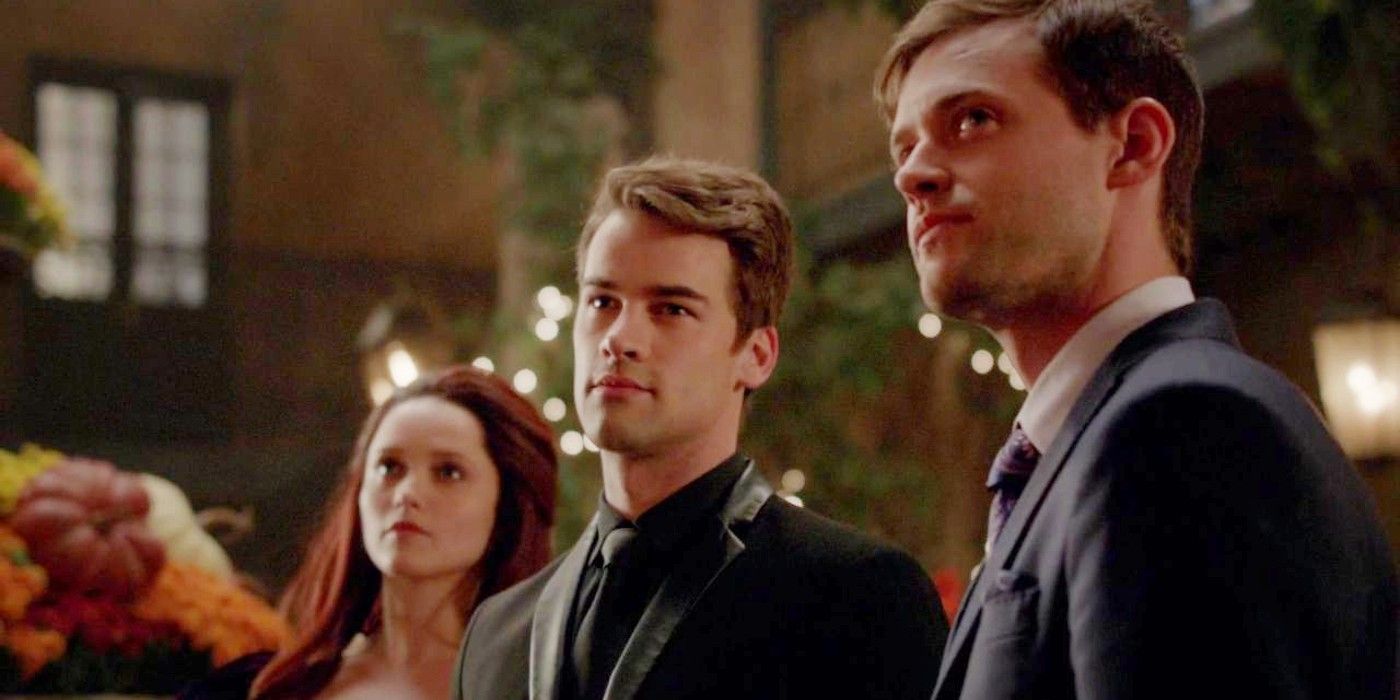
The first three vampires to be turned by the Originals were incredibly powerful and capable of some truly sadistic acts of violence. Yet, they never turned their humanity off, despite being forced to lose their identities and live on the run for over 100 years. While each had their own goals, a primary reason they kept their humanity on was their commitment to revenge.
This trio made an alliance with each other to kill the Originals and kept that going for a millennium. If they didn't feel their emotions, they might stray from their path rather than successfully leading to the downfall of the Mikaelsons.
The Mikaelson Siblings
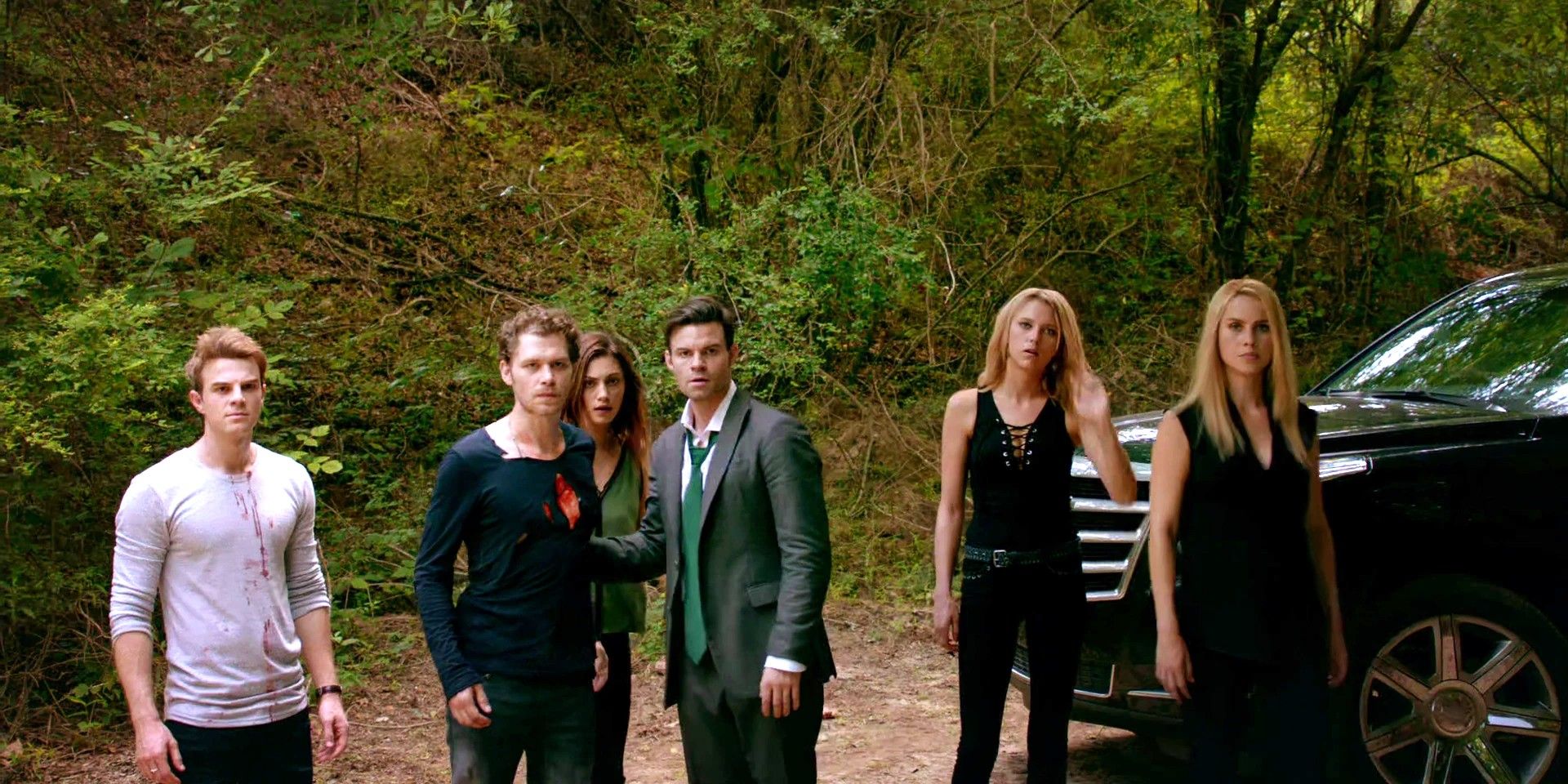
The Mikaelsons may have been powerful, but their lives were not happy. They were constantly running from their father, betraying each other, and losing the people they loved, yet none of the Originals turned off their humanity—at least, as far as fans know.
Elijah put up such a strong mental block that he forgot his first kill. Rebekah had a long history of losing lovers and having her heart broken. While Finn and Kol spent large parts of their lives daggered, they both struggled with accepting being vampires. Any of them could have reasonably turned off their humanity in these moments, but they seem to have resisted largely out of their bond with each other, including the central "Always and Forever" promise.
Mikael
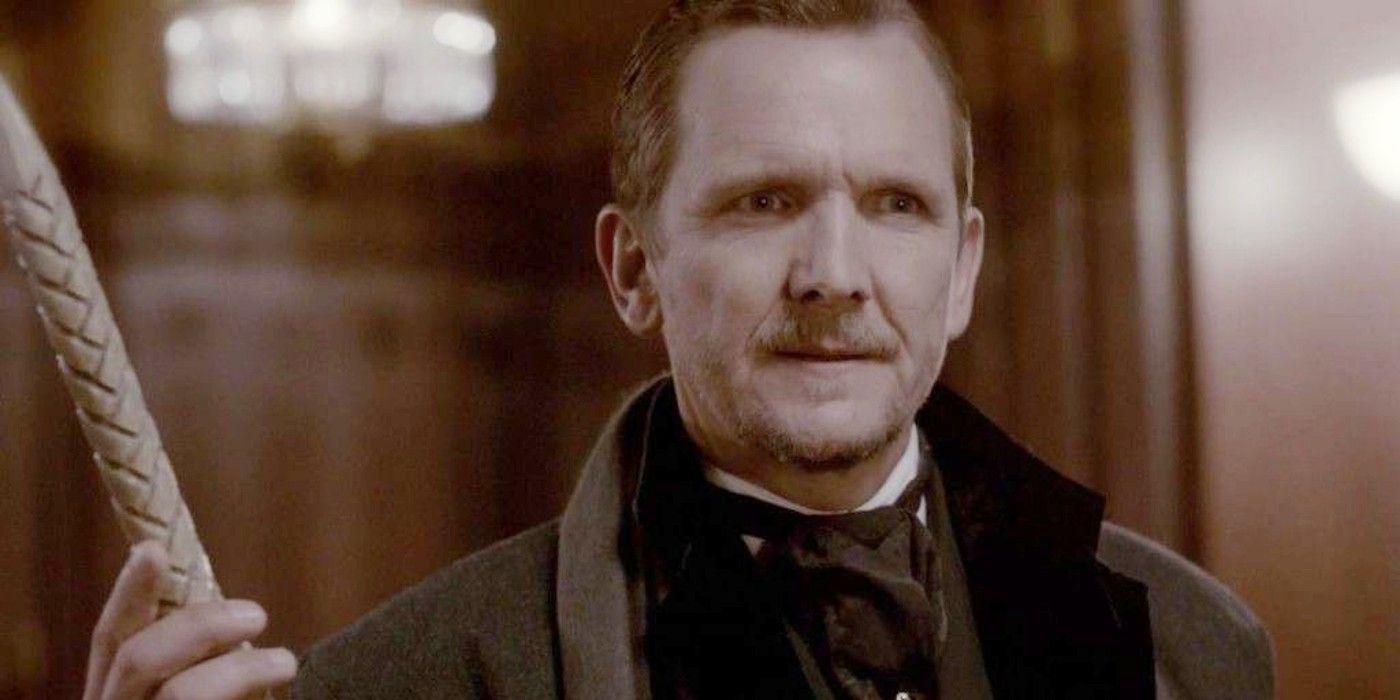
The infamous Original father, Mikael was a terrifying force in the TVDU, yet he is never even implied to have turned his humanity off. The most straightforward explanation here is that he was a terrible person when he was human too, with a wildly abusive relationship with his family. He didn't need to turn off his humanity to hunt them.
With that being said, audiences saw Mikael's softer side in season two of The Originals when it came to his love for Freya. Perhaps she was the reason he never turned his humanity off, as his final words were, "Freya, I'm so sorry. I love you."
Klaus Mikaelson
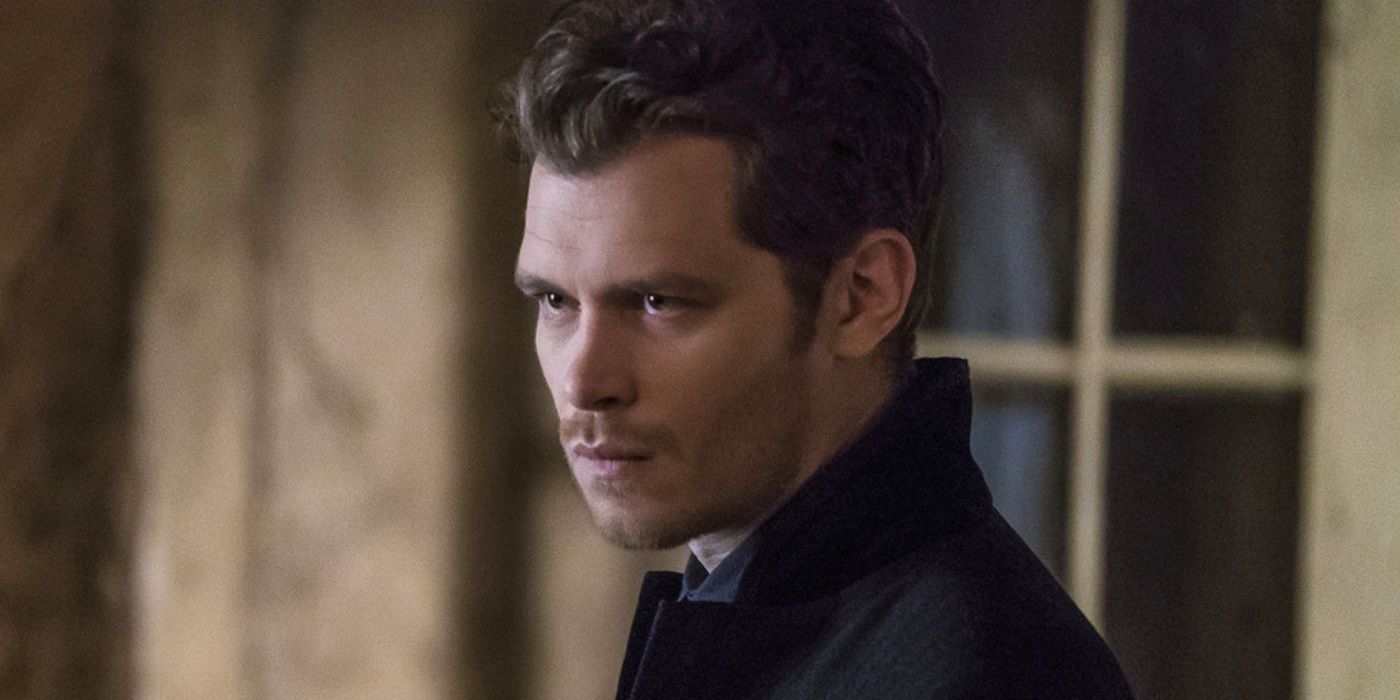
Klaus Mikaelson was always a little different from his siblings, struggling with his sense of identity after his werewolf side was forcibly taken away. He gave into his darkest impulses more readily, and with how dangerous he was on The Vampire Diaries, some might even call him soul-less.
However, he was also desperate to find someone who could relate to and love him, which he attempted to get from his siblings, the vampires he turned, and the hybrids he created. Though it might have been easier to just turn his emotions off, Klaus let his feelings drive him to each new task, venting them through art when action wouldn't suffice.
Source:gamerant.com
